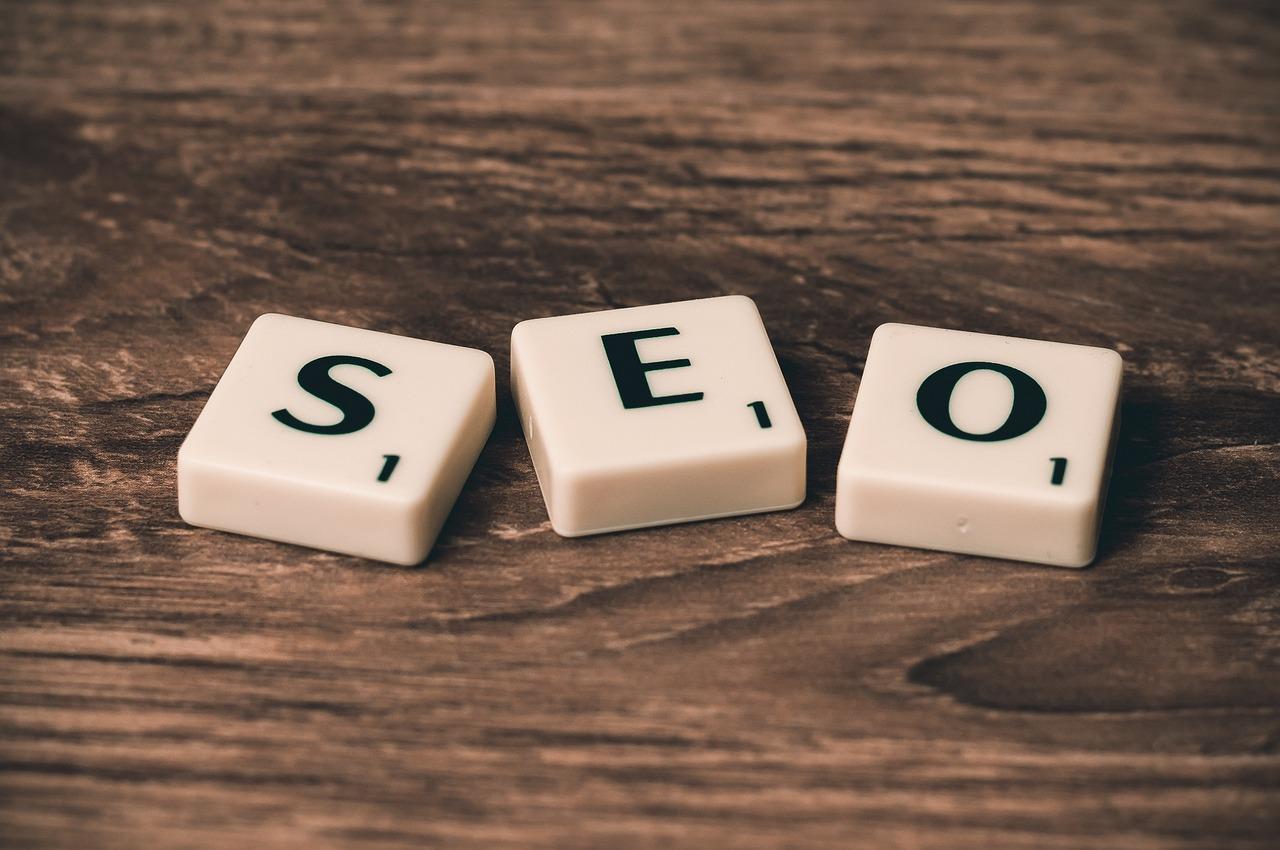AI is revolutionizing marketing and web design by personalizing user experiences and streamlining processes. With intelligent analytics and creative automation, businesses can connect deeper with their audience, crafting stunning, engaging interfaces that inspire action. Embrace the future!
How AI Is Transforming Marketing and Web Design?
In a world where digital landscapes are constantly evolving, the intersection of artificial intelligence (AI) and marketing has emerged as a powerful catalyst for transformation. Imagine a realm where creativity meets cutting-edge technology, where brands can connect with their audiences on a level previously thought unattainable. AI is not just a tool; it is a visionary partner, redefining how we approach marketing and web design. With its ability to analyze data, predict trends, and personalize user experiences, AI empowers businesses to craft compelling narratives that resonate deeply with consumers. As we embark on this journey through the dynamic world of AI-driven transformation, we will explore how this groundbreaking technology is revolutionizing the way we communicate, engage, and inspire. Join us as we unveil the incredible potential of AI, and discover how it can elevate your marketing strategies and reshape your web design into a captivating experience that leaves a lasting impact. The future is bright, and with AI as our guiding light, we can harness its power to create meaningful connections in an increasingly complex digital age.
Understanding the AI Revolution in Marketing and Web Design
The rise of artificial intelligence is reshaping the landscape of marketing and web design, enabling businesses to connect with their audiences like never before. With AI at the helm, organizations can analyze vast amounts of data to derive insights, personalize user experiences, and optimize their strategies in real-time. This transformative power is not just a trend; it’s a fundamental shift in how we approach customer engagement and brand storytelling.
One of the most significant advantages AI brings to marketing is its ability to automate and enhance data analysis. Businesses can now:
- Identify Customer Patterns: AI algorithms can sift through customer data to reveal trends and preferences, helping marketers tailor their campaigns effectively.
- Predict Future Behaviors: Machine learning models can forecast customer actions, allowing companies to proactively address needs and concerns.
- Optimize Campaign Performance: Real-time analytics enable ongoing adjustments to marketing strategies, ensuring maximum ROI and engagement.
In the realm of web design, AI is revolutionizing the way websites are created and maintained. Tools powered by AI can now deliver:
- Personalized User Experiences: AI can customize website content based on user behavior, demographics, and preferences, making every visit unique.
- Automated Design Processes: Platforms utilizing AI can generate layouts, color schemes, and design elements, significantly speeding up the design process.
- Enhanced Accessibility: AI tools can analyze websites for compliance with accessibility standards, ensuring a better experience for all users.
Moreover, AI is instrumental in content creation and curation. It can assist in generating compelling copy, suggesting relevant topics, and optimizing SEO strategies. This not only saves time but also allows marketers to focus on strategy and creativity instead of getting bogged down in routine tasks.
Here’s a brief overview of how AI technologies are impacting marketing and web design:
| AI Technology | Impact on Marketing | Impact on Web Design |
|---|---|---|
| Machine Learning | Predictive Analytics | Dynamic Design Adjustments |
| Natural Language Processing | Content Generation | Chatbots for User Assistance |
| Computer Vision | Targeted Visual Advertising | Image Recognition Features |
As we delve deeper into the AI revolution, it’s clear that businesses that embrace these technologies are poised to lead in their respective fields. The potential for innovation is boundless, and those who harness the power of AI will not only transform their marketing strategies and web designs but also forge meaningful connections with their customers. The future is here, and it is intelligent.
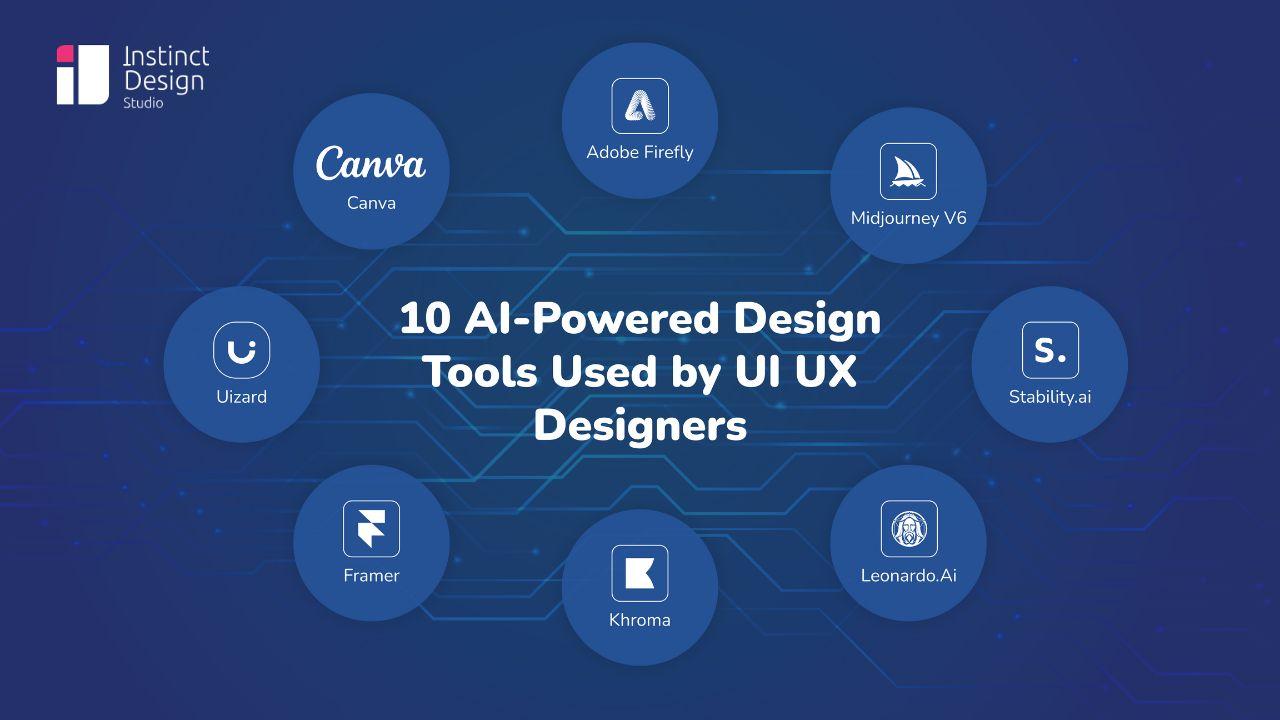
Unleashing Creativity: AI-Powered Design Tools for Innovative Branding
In today’s fast-paced digital landscape, where first impressions can make or break a brand, harnessing the power of AI in design can be the key to standing out. These innovative tools not only enhance the creative process but also streamline workflows, allowing designers and marketers to focus on what truly matters: storytelling and emotional engagement.
Imagine having a virtual assistant that can analyze trends, optimize designs, and even provide recommendations based on user interaction. With AI-powered design tools, this is a reality. These tools leverage data to understand consumer preferences, enabling brands to create tailored visuals that resonate deeply with their target audiences. Some of the most impactful benefits include:
- Enhanced Creativity: AI can generate unique design options based on existing brand elements, expanding the creative horizon.
- Time Efficiency: Automating repetitive tasks allows designers to invest more time in conceptual development.
- Data-Driven Insights: AI analyzes user behavior, guiding design decisions that lead to higher engagement and conversion rates.
Furthermore, collaboration among teams becomes more seamless with AI tools that facilitate real-time feedback and adaptive design processes. By utilizing cloud-based platforms, stakeholders can view modifications instantly and contribute their insights, fostering a culture of innovation. This interconnectedness means that brands can pivot quickly in response to market changes, maximizing their relevance and impact.
| AI Tool | Features | Best For |
|---|---|---|
| Canva AI | Template suggestions, image enhancement | Small businesses and social media managers |
| Adobe Sensei | Intelligent automation, design analysis | Professional designers and large agencies |
| Looka | Logo generation, brand kit creation | Startups and entrepreneurs |
As brands look to distinguish themselves, the integration of AI in design will become not just an advantage but a necessity. The ability to iterate on designs quickly, backed by data analytics, empowers brands to remain agile and innovative. It’s no longer just about making something visually appealing; it’s about crafting an experience that connects with the audience on a deeper level.
In this new era of branding, where technology and creativity converge, AI-powered design tools are paving the way for unprecedented possibilities. By embracing these innovations, brands can unleash their full creative potential, ensuring that their message is not only seen but felt and remembered.
Personalization at Scale: Crafting Unique Customer Experiences with AI
In today’s digital landscape, one size fits all is no longer an option. Consumers are demanding more personalized experiences, and businesses need to respond swiftly. With the power of artificial intelligence, marketers and web designers can create tailored customer journeys that resonate on a deeper level. Imagine an online shopping experience where each visitor sees a unique storefront, curated specifically for them based on their preferences, past interactions, and behaviors.
AI enables companies to harness vast amounts of data, providing insights that were once impossible to glean. Through advanced algorithms, businesses can:
- Analyze customer behavior: Understand what drives your audience and how they navigate your website.
- Segment audiences: Create targeted marketing campaigns based on specific user groups.
- Optimize content delivery: Present the most relevant content at the right time to enhance engagement.
Consider the power of dynamic content, where web pages adapt in real-time, showcasing products and services that align perfectly with individual user profiles. This not only improves conversion rates but also fosters customer loyalty. When people feel understood and valued, they’re more likely to return, making personalization a vital strategy for long-term success.
Furthermore, AI-driven chatbots and virtual assistants have revolutionized customer service, providing immediate, personalized responses that enhance user satisfaction. These tools can engage users in meaningful conversations, guide them through their journey, and address their concerns proactively.
| AI-Powered Personalization Benefits | Impact on Customer Experience |
|---|---|
| Real-time data processing | Instantly relevant recommendations |
| Behavioral targeting | Increased customer engagement |
| Automated responses | Improved satisfaction rates |
| Content customization | Higher conversion rates |
By leveraging AI, businesses are not just reacting to customer needs but anticipating them. This proactive approach transforms the way companies interact with their audiences, making each encounter feel unique and special. As we look to the future, the potential for AI in crafting distinctive customer experiences is limitless. Embracing these technologies is not just about keeping up with industry trends—it’s about leading the way in creating meaningful connections.
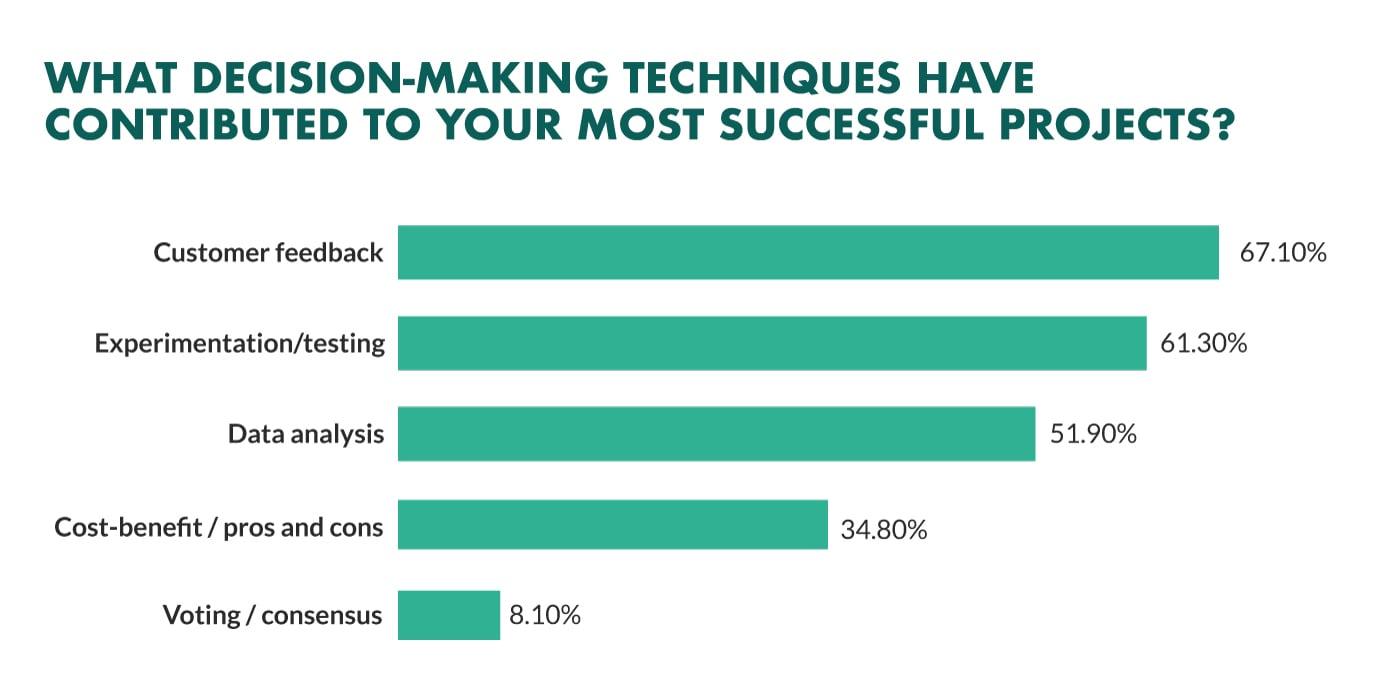
Data-Driven Decisions: How AI Enhances Marketing Strategy
In today’s competitive landscape, leveraging artificial intelligence allows businesses to make informed marketing choices that resonate with their target audience. By analyzing vast amounts of data, AI technologies unveil insights that drive strategy, ensuring that marketing efforts are not only creative but also effective.
One of the most significant advantages of AI is its capability to process data at unprecedented speeds. This processing power enables marketers to:
- Identify Trends: AI algorithms can swiftly analyze consumer behavior, revealing patterns that might take human analysts much longer to discern.
- Segment Audiences: By understanding demographics and preferences, AI can help create tailored segments, allowing for personalized marketing approaches that lead to higher engagement.
- Predict Outcomes: With predictive analytics, businesses can forecast customer actions, refining their strategies to meet potential demand.
Moreover, AI tools can enhance the testing and optimization of marketing campaigns. A/B testing powered by AI not only identifies winning variations faster but also suggests adjustments based on real-time data. This means that marketing teams can focus on creative elements while AI handles the analytical side, boosting efficiency.
The integration of AI in marketing also facilitates the development of chatbots and virtual assistants, which provide immediate responses to customer inquiries. This instant communication not only improves customer satisfaction but also gathers valuable data regarding user preferences and behavior.
Implementing AI-driven analytics can streamline decision-making processes, as shown in the table below, which highlights the impact of AI on marketing strategy:
| AI Application | Impact on Marketing |
|---|---|
| Sentiment Analysis | Understanding customer feelings towards products. |
| Customer Journey Mapping | Visualizing and optimizing the user experience. |
| Content Generation | Creating personalized content at scale. |
As businesses embrace these innovative technologies, they find themselves not only keeping pace with industry trends but also setting them. The ability to make data-driven decisions ensures that marketing strategies are both relevant and impactful, allowing brands to connect with their audiences in meaningful ways.
Automation in Action: Streamlining Processes for Greater Efficiency
In today’s rapidly evolving digital landscape, the integration of artificial intelligence into marketing and web design is revolutionizing the way businesses operate. By harnessing the power of AI, companies can automate routine tasks and provide personalized experiences, ultimately leading to enhanced efficiency and effectiveness.
One of the most significant advantages of AI is its ability to analyze vast amounts of data quickly and accurately. This capability enables businesses to:
- Identify trends: AI algorithms can sift through consumer behavior data to uncover insights that inform marketing strategies.
- Segment audiences: By analyzing demographics and interests, AI can help marketers target specific groups more effectively.
- Optimize campaigns: Real-time data analysis allows for immediate adjustments to marketing efforts, ensuring that resources are allocated where they are most impactful.
When it comes to web design, automation through AI tools is enhancing creativity and efficiency. Designers are now able to:
- Generate layouts: AI can create templates and layouts based on current design trends, saving designers countless hours of brainstorming.
- Personalize user experiences: AI-driven algorithms can adapt websites in real time to match user preferences, leading to higher engagement and satisfaction.
- Test and optimize: Automated A/B testing powered by AI helps identify what works best for visitors, enabling continuous improvement in design elements.
Moreover, the synergy between AI and marketing tools fosters collaboration across departments. With AI managing data analysis and routine tasks, marketing teams can focus on their core mission—creating compelling narratives that resonate with their target audience. This shift in focus not only boosts productivity but also drives innovation, as teams are empowered to experiment with bold ideas without the constraints of manual processes.
| AI Benefits | Marketing | Web Design |
|---|---|---|
| Efficiency | Automated data insights | Quick layout generation |
| Personalization | Targeted campaigns | User-centric designs |
| Adaptability | Real-time optimization | Responsive design adjustments |
As we embrace the future, it is clear that AI is not just a tool but a catalyst for change, enabling businesses to streamline processes and achieve greater heights of success. By prioritizing automation and embracing innovation, organizations are not only enhancing their operational capabilities but also creating a more dynamic and engaging experience for their customers.
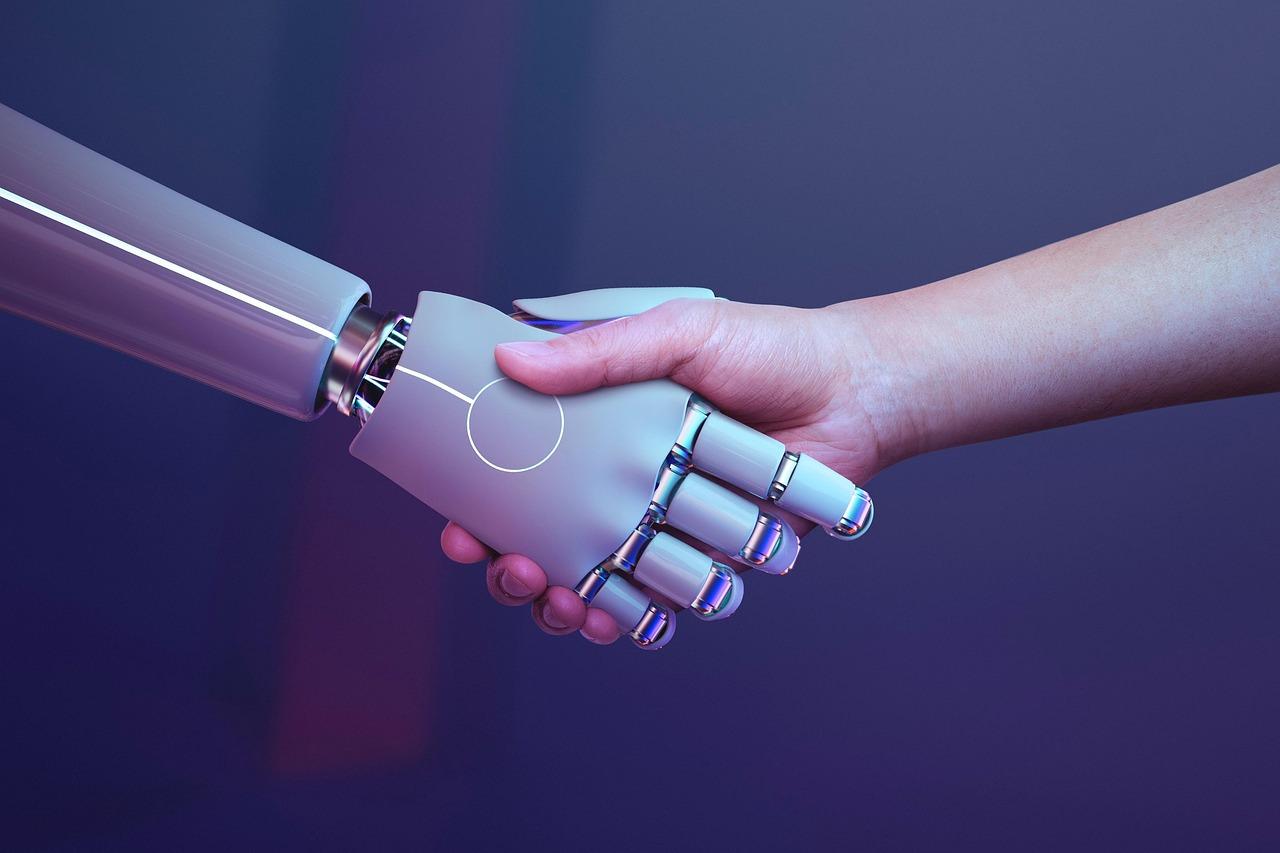
Predictive Analytics: Anticipating Customer Needs with AI Insights
In the rapidly evolving landscape of marketing, predictive analytics powered by artificial intelligence is paving the way for businesses to not only keep pace but also stay ahead of consumer expectations. By harnessing the power of data, companies can develop a clearer picture of their customers’ preferences, behaviors, and future needs.
Through the analysis of historical data and real-time interactions, AI can identify patterns that may not be immediately obvious to human analysts. This results in a more nuanced understanding of customer segments, enabling brands to tailor their offerings effectively. For instance, businesses can use predictive models to:
- Anticipate purchasing behavior: Understanding when a customer is likely to make a purchase allows for timely marketing efforts.
- Personalize customer experiences: By predicting individual preferences, companies can customize their websites and communication strategies.
- Optimize inventory management: Accurate forecasts help businesses maintain the right products on hand, reducing waste and increasing customer satisfaction.
Furthermore, the integration of AI in predictive analytics allows for dynamic adjustments based on real-time data. This adaptability means that marketing strategies can change as customer behavior shifts, ensuring brands remain relevant in a competitive marketplace. For example, AI systems can analyze website engagement metrics to suggest immediate design changes that cater to user preferences.
To illustrate the impact of predictive analytics, consider the following table that highlights key benefits and applications:
| Benefit | Application |
|---|---|
| Enhanced Customer Insights | Utilizing customer data to inform product development and marketing strategies. |
| Increased Engagement | Personalized content delivery based on predicted interests and needs. |
| Improved ROI | Targeted campaigns that reach the right audience at the right time lead to better conversion rates. |
Ultimately, the combination of AI and predictive analytics not only enhances a brand’s marketing effectiveness but also fosters a deeper connection with customers. By understanding and anticipating their needs, businesses can build loyalty and trust, transforming transactional relationships into enduring partnerships. This is not just about selling a product; it’s about creating meaningful interactions that resonate with customers on a personal level.
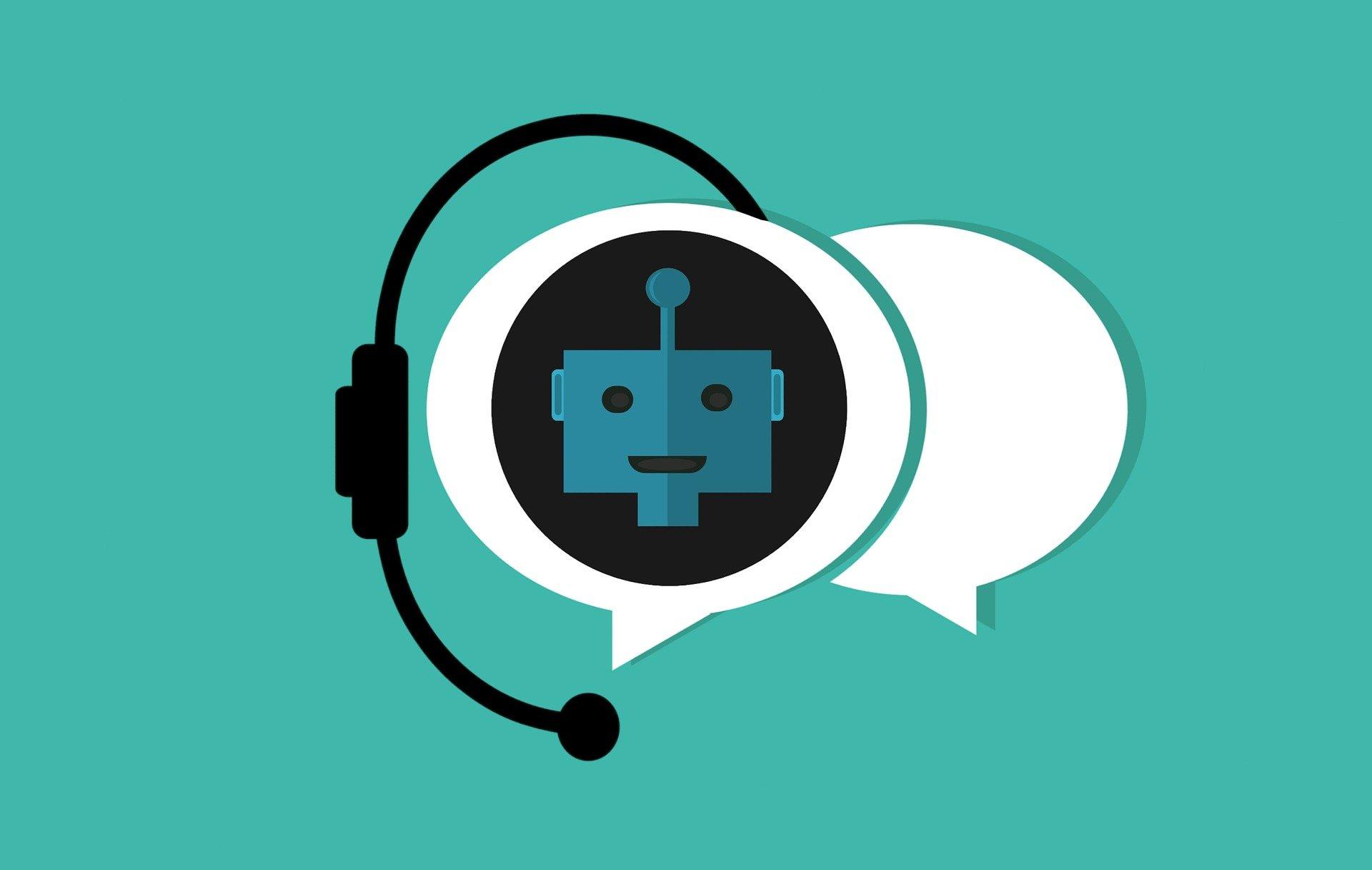
The Rise of Chatbots: Elevating Customer Engagement and Support
The integration of chatbots into customer engagement strategies is revolutionizing how businesses interact with their clients. These intelligent virtual assistants are available 24/7, providing immediate responses to inquiries and support, which significantly enhances the customer experience. With the capacity to handle multiple conversations simultaneously, chatbots reduce wait times and ensure that customers feel valued and heard.
Moreover, chatbots offer a personalized experience, utilizing data analytics to tailor interactions based on individual customer preferences and behaviors. This personalization fosters a deeper emotional connection between the brand and its audience, leading to increased loyalty. Customers are more likely to return to a brand that understands their needs, and chatbots play a pivotal role in this understanding.
- Efficiency: Automating routine inquiries allows human agents to focus on more complex tasks.
- Cost-Effective: Reducing the need for extensive customer service teams can lead to significant savings.
- Data Collection: Chatbots gather valuable consumer data that can inform marketing strategies.
Furthermore, the analytical capabilities of chatbots extend beyond immediate customer interactions. Businesses can gain insights into common customer pain points and preferences, allowing for continuous improvement of products and services. This data-driven approach is vital in today’s competitive landscape, where consumer preferences can shift rapidly.
To illustrate the impact of chatbots on customer engagement, consider the following comparison of traditional customer service methods versus chatbot-driven interactions:
| Aspect | Traditional Customer Service | Chatbot Interaction |
|---|---|---|
| Response Time | Minutes to Hours | Instant |
| Availability | Business Hours Only | 24/7 |
| Cost | High Operational Costs | Lower Costs |
the rise of chatbots is not merely a trend but a paradigm shift in customer service and engagement. Businesses that embrace this technology will not only streamline their operations but also create deeper, more meaningful connections with their customers. As artificial intelligence continues to evolve, the possibilities for enhancing customer experiences through chatbots are limitless.

Visual Storytelling: Enhancing Content with AI-Generated Imagery
In a digital landscape saturated with information, the power of visual storytelling has never been more critical. The advent of AI-generated imagery is revolutionizing the way brands communicate their narratives, enabling them to create more engaging and memorable content. By merging technology with creativity, AI serves as a catalyst for innovation in marketing and web design.
Imagine a world where marketers can produce stunning visuals tailored to their target audience without the constraints of traditional graphic design methods. With AI tools, marketers can:
- Generate high-quality images in seconds that resonate with their brand identity.
- Customize visuals based on real-time feedback and data analytics.
- Reduce costs associated with hiring professional designers or purchasing stock images.
Moreover, AI-driven imagery enhances the user experience on websites by providing dynamic and contextually relevant visuals. Websites can adapt their graphics based on visitor behavior, ensuring that each user engages with content that speaks directly to them. This level of personalization not only captivates visitors but also increases conversion rates, as users are more likely to engage with tailored content.
Collaboration between AI and creative professionals is another exciting development. Designers can leverage AI tools to brainstorm and refine their concepts, allowing them to focus on higher-level creative tasks. This synergy leads to the creation of:
- Unique graphics that stand out in a crowded market.
- Innovative layouts that enhance readability and engagement.
In addition, the ability of AI to analyze trends and predict user preferences means that visual storytelling can evolve at an unprecedented pace. Brands can stay ahead of the curve by quickly adapting their visuals to align with emerging trends, ensuring they remain relevant and compelling in the eyes of consumers.
| Benefits of AI-Generated Imagery | Impact on Marketing |
|---|---|
| Speed of creation | Faster campaign launches |
| Cost-effectiveness | Increased ROI |
| Personalization | Higher engagement rates |
| Trend adaptability | Staying relevant in a changing market |
Ultimately, harnessing the power of AI-generated imagery not only enhances the visual appeal of marketing campaigns but also cultivates deeper connections between brands and their audiences. As businesses embrace this innovative approach, they are not just telling stories; they are creating immersive experiences that inspire action and loyalty.
SEO Reimagined: Leveraging AI to Optimize Online Visibility
In the ever-evolving landscape of digital marketing, one thing remains constant: the need for businesses to stand out online. Today, AI is revolutionizing the way we approach SEO strategies, transforming traditional practices into dynamic, data-driven methodologies that enhance online visibility.
By harnessing the power of AI, marketers can:
- Analyze User Behavior: Advanced algorithms can track how users interact with websites, offering insights that help optimize content and layout.
- Predict Trends: AI tools can analyze large datasets to identify emerging trends, allowing brands to stay ahead of the curve.
- Automate Content Creation: With AI-generated content, businesses can produce high-quality articles, blogs, and social media posts efficiently, ensuring consistency and relevance.
Furthermore, AI enhances the effectiveness of keyword research. Traditional methods often rely on guesswork and intuition, but AI can process vast amounts of data to uncover keywords that not only drive traffic but also convert visitors into customers. This capability enables marketers to create targeted strategies that resonate with their audience.
Another remarkable development is the advent of AI-powered chatbots. These intelligent systems provide instant customer support, improving user experience and engagement. When integrated with SEO strategies, chatbots can guide users through the website, addressing queries and directing them to relevant content, ultimately increasing dwell time and reducing bounce rates.
Moreover, the integration of AI in web design is equally transformative. AI tools can assist designers in creating responsive and aesthetically pleasing websites that are tailored to user preferences. This personalization enhances user experience, ensuring visitors feel valued and understood.
| AI-Powered Tools | Benefits |
|---|---|
| Natural Language Processing | Improves content relevance and engagement. |
| Predictive Analytics | Anticipates user needs and trends. |
| Visual Recognition | Enhances image SEO and user interaction. |
Adopting these AI advancements not only optimizes SEO strategies but also fosters a more engaging and personalized experience for users. The brands that embrace this shift will not only achieve higher rankings but also build lasting relationships with their audience. As we continue to explore the intersection of AI and digital marketing, the potential for innovation seems limitless, promising a future where online visibility is not just enhanced but truly reimagined.
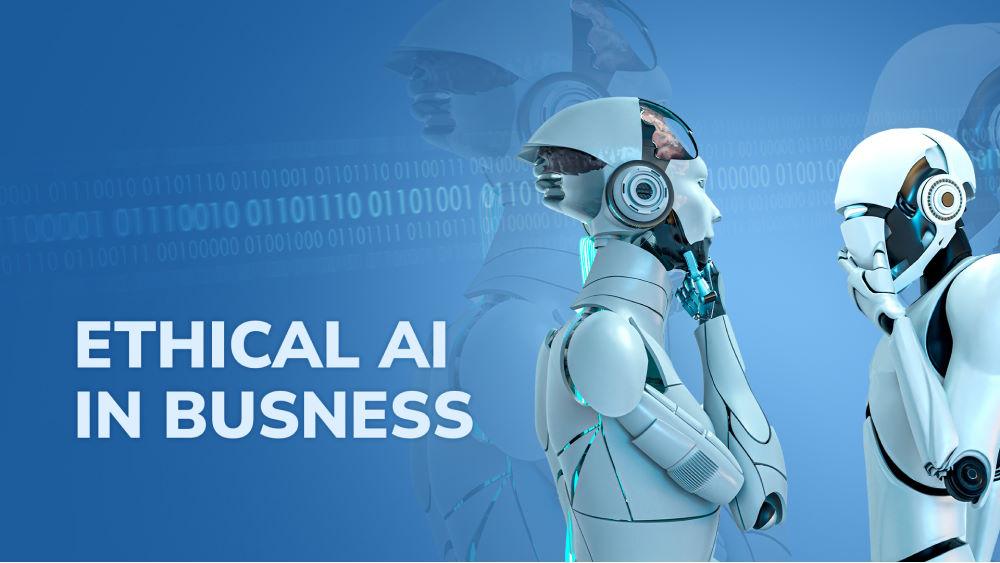
Ethical Considerations: Balancing AI Innovation with Responsible Marketing
The rapid evolution of artificial intelligence (AI) is transforming the marketing landscape, offering unprecedented opportunities for innovation. However, as we embrace these advancements, it becomes crucial to consider the ethical implications of deploying AI technologies in marketing strategies. Balancing the drive for innovation with responsible practices is not just a challenge but a necessity for brands aiming to maintain trust and integrity.
One of the foremost ethical considerations is data privacy. As AI systems gather and analyze vast amounts of consumer data to personalize marketing efforts, marketers must be vigilant about respecting user privacy. Implementing transparent data usage policies and obtaining explicit consent from users can help build a foundation of trust. Brands should ask themselves:
- Are we clearly communicating how user data will be used?
- Do we provide users with the option to opt-out of data collection?
- Is our data security robust enough to protect sensitive information?
Another critical aspect is the elimination of bias. AI algorithms are only as good as the data they are trained on. If historical data contains biases, the AI will perpetuate and even amplify these inequalities in marketing practices. To combat this, companies must actively work to identify and correct biases in their data sources. A diverse team of developers and marketers can play a significant role in ensuring that the AI systems reflect a broad spectrum of perspectives.
Furthermore, the automation of tasks traditionally handled by humans raises questions about transparency. Consumers should be informed when they are interacting with an AI-driven system rather than a human. Brands can enhance their credibility by clearly labeling AI-generated content, ads, or responses. This practice not only fosters trust but also aligns with the ethical obligation to provide a clear understanding of how consumers are being marketed to.
Moreover, as AI technologies evolve, sustainability must remain at the forefront of marketing strategies. The environmental impact of AI systems, particularly those relying on extensive computational power, can be significant. Brands should strive to implement energy-efficient algorithms and practices that minimize their carbon footprint. By doing so, they not only contribute to the wellbeing of the planet but also resonate with consumers who increasingly prioritize sustainability in their purchasing decisions.
Ultimately, striking a balance between innovation and ethics requires ongoing dialogue and commitment. Marketers must engage in continuous education about the ethical implications of AI tools and foster a culture of responsibility within their organizations. This approach not only safeguards their reputation but also positions their brand as a leader in ethical marketing practices.

Future-Proofing Your Strategy: Embracing AI for Sustainable Growth
In a rapidly evolving digital landscape, businesses must adapt to stay relevant and competitive. With the advent of artificial intelligence, the realms of marketing and web design are undergoing a significant transformation. By integrating AI into your strategies, you unlock the potential for enhanced creativity, efficiency, and results.
One of the most prominent benefits of AI in marketing is its ability to analyze large volumes of data in real time. This capability allows businesses to understand consumer behavior like never before. By leveraging AI-driven analytics, you can identify trends, preferences, and pain points, enabling you to tailor your marketing campaigns more effectively. This level of customization fosters deeper connections with your audience, ultimately driving conversion rates.
Moreover, AI can automate routine tasks, freeing up precious time for your creative teams to focus on strategic thinking and innovative concepts. Consider the following advantages:
- Personalization: Use AI to deliver personalized experiences, from product recommendations to targeted email campaigns.
- Efficiency: Automate mundane tasks like data entry or social media posting, allowing your team to concentrate on high-value work.
- Predictive Analysis: Harness AI to forecast market trends and consumer needs, positioning your brand ahead of the competition.
In the domain of web design, AI-powered tools are revolutionizing how developers and designers approach their projects. From generating design layouts to enhancing user experience through adaptive interfaces, AI streamlines the design process. For instance, AI can analyze user interactions on your website to suggest real-time adjustments that enhance usability and engagement.
| AI Applications | Benefits |
|---|---|
| Chatbots | 24/7 customer support, improved customer experience |
| A/B Testing | Data-driven decisions for effective marketing strategies |
| Image Recognition | Enhanced search functionality and user engagement |
To fully embrace the potential of AI, businesses should also invest in training their teams to work alongside these advanced technologies. This evolution isn’t just about tools; it’s about cultivating a culture that thrives on innovation and agility. By fostering an environment where creativity meets technology, your business can not only survive but thrive in this new era.
The future belongs to those who are willing to adapt and evolve. By embracing AI, you are not just enhancing your marketing and web design strategies; you are setting the foundation for sustainable growth. As you embark on this journey, remember that the integration of AI is not merely a trend but a strategic imperative that can drive your business forward in the digital age.

Conclusion: Embracing Change for a Brighter Marketing Future
As we navigate through an era dominated by digital transformation, the marketing landscape is evolving at an unprecedented pace. The integration of AI in marketing and web design is not just a trend; it’s a revolution that invites businesses to rethink their strategies and embrace innovative approaches. The shift towards automation and personalization is not merely beneficial but essential for those looking to thrive in a competitive environment.
Consider the following opportunities that AI presents:
- Enhanced Customer Insights: AI-driven analytics provide profound insights into customer behavior, allowing businesses to tailor their offerings more effectively.
- Personalized Experiences: With AI, marketers can create highly personalized content that resonates with individual users, fostering deeper connections.
- Efficiency in Processes: Automation of repetitive tasks allows teams to focus on creative and strategic initiatives, maximizing productivity.
- Optimized Marketing Campaigns: AI tools can analyze vast amounts of data in real-time, enabling marketers to pivot their strategies promptly based on performance metrics.
The power of AI also extends into web design, where it streamlines the creation process and enhances user experience. From chatbots that offer 24/7 support to adaptive layouts that respond to user preferences, the potential is limitless. Businesses that leverage these technologies can not only attract users but also retain them by creating engaging and intuitive interfaces.
However, embracing change requires a mindset shift. It calls for a willingness to experiment and adapt to new tools and practices. Companies that resist change may find themselves left behind in a world where customer expectations are continuously rising. By fostering a culture that champions innovation, organizations can position themselves as leaders in their respective fields.
| AI Benefits | Impact on Marketing |
|---|---|
| Data-Driven Decisions | Informed strategies that yield better results |
| 24/7 Customer Support | Increased customer satisfaction and loyalty |
| Predictive Analysis | Proactive adjustments to marketing efforts |
The future of marketing is not merely about keeping up with technology; it’s about utilizing it to create meaningful connections and experiences. By harnessing the power of AI, brands can not only enhance their operational capabilities but also foster a deeper relationship with their audience. Investing in AI technologies today will pave the way for a brighter, more innovative marketing future.
Frequently Asked Questions (FAQ)
Q&A: How AI Is Transforming Marketing and Web Design?
Q1: What role is AI playing in the evolution of marketing?
A1: AI is revolutionizing marketing by enabling businesses to personalize customer experiences on an unprecedented scale. By analyzing vast amounts of data, AI algorithms can identify patterns and preferences, allowing marketers to tailor content and campaigns specifically to individual users. Imagine a world where every email, advertisement, and social media post speaks directly to your interests. This level of personalization not only enhances customer engagement but also drives higher conversion rates, making marketing efforts more effective than ever before.
Q2: How does AI improve the effectiveness of web design?
A2: In web design, AI streamlines the creative process and enhances user experience. By utilizing AI-driven tools, designers can gather data on user behavior to create more intuitive and visually appealing websites. AI can suggest layouts, color schemes, and even content placements based on what has been most effective in the past. This means that businesses can create stunning, user-friendly websites that not only attract visitors but also keep them engaged, ultimately leading to increased customer satisfaction and loyalty.
Q3: Can you provide examples of AI applications in marketing?
A3: Absolutely! One of the most notable applications of AI in marketing is chatbots. These intelligent systems can interact with customers in real-time, providing instant support and personalized recommendations. Additionally, AI-powered analytics tools help marketers predict trends and customer behavior, allowing for data-driven decision-making. Recommendation engines used by e-commerce giants analyze past purchases to suggest products, significantly enhancing the shopping experience and driving sales.
Q4: How does AI enhance user experience on websites?
A4: AI enhances user experience by making websites smarter and more responsive. Features like personalized content recommendations, voice search optimization, and dynamic page adjustments ensure that users find exactly what they need quickly and effortlessly. For instance, AI can adapt the displayed content based on the user’s location, time of day, or previous interactions. This creates a seamless experience that feels tailored to each visitor, ultimately increasing their likelihood of returning to the site.
Q5: Are there any concerns with the rise of AI in marketing and web design?
A5: While the benefits of AI are immense, it’s important to approach its implementation thoughtfully. Concerns about data privacy and the ethical use of AI are valid. However, by prioritizing transparency and responsible AI use, businesses can build trust with their customers. The key is to leverage AI as a tool to enhance human creativity and decision-making, rather than replacing it. When used responsibly, AI can empower marketers and designers to create more meaningful connections with their audiences.
Q6: What does the future hold for AI in marketing and web design?
A6: The future of AI in marketing and web design is incredibly promising. As technology continues to evolve, we can expect even more sophisticated AI tools that will further simplify processes and enhance creativity. From hyper-personalized advertising to immersive web experiences powered by augmented reality, the possibilities are limitless. Embracing AI not only positions businesses at the forefront of innovation but also inspires a new era of creativity and connection in the digital world. The journey ahead is filled with exciting potential—let’s harness it together!
Conclusion: The integration of AI into marketing and web design is not just a trend; it’s a transformative force reshaping how we connect with customers and present our brands to the world. By embracing AI, we open doors to limitless possibilities, driving engagement, creativity, and growth. Together, let’s embrace this revolution and redefine the future of digital experiences!
Closing Remarks
As we stand on the brink of a new era in marketing and web design, it’s clear that AI is not just a tool—it’s a transformative force that is reshaping the very landscape of how we connect with consumers. The integration of AI technologies empowers businesses to craft personalized experiences, optimize their strategies, and glean insights that were once unimaginable.
Imagine a world where your marketing campaigns are not only data-driven but also tailored to resonate with individual customers on a profound level. Picture websites that adapt in real-time, creating seamless journeys that captivate users and drive conversions. This is not a distant dream; it is our reality, and the possibilities are limitless.
As you explore the potential of AI in your own marketing and design endeavors, remember that innovation is a journey, not a destination. Embrace the change, harness the power of AI, and let it inspire you to push boundaries, break conventions, and create experiences that leave a lasting impact. The future is bright for those who dare to innovate—so take the leap, and transform your vision into reality. Together, we can redefine the essence of connection in this digital age.

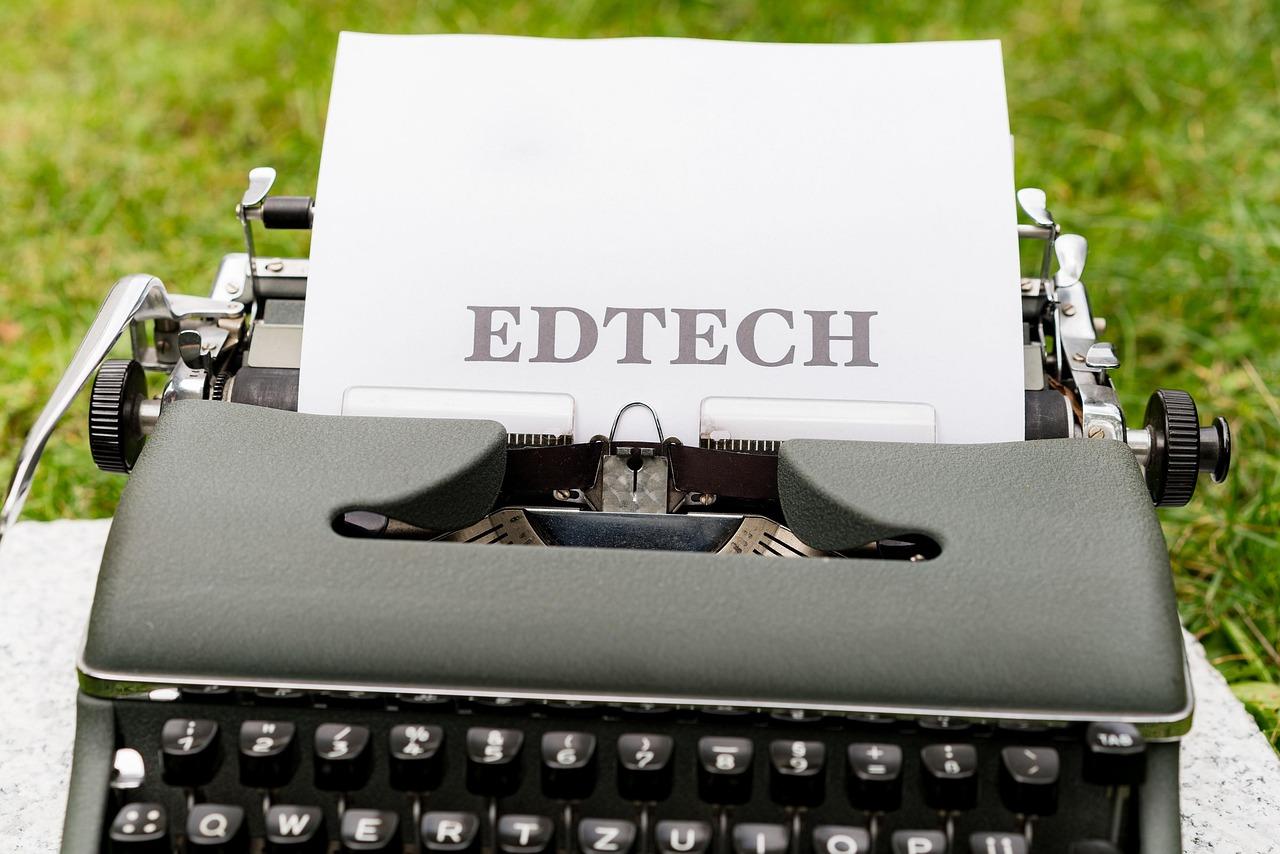
![How to Install a WordPress Theme? [Beginner’s Guide]](https://webhost.review/wp-content/uploads/2026/02/10475-how-to-install-a-wordpress-theme-beginners-guide.jpg)
